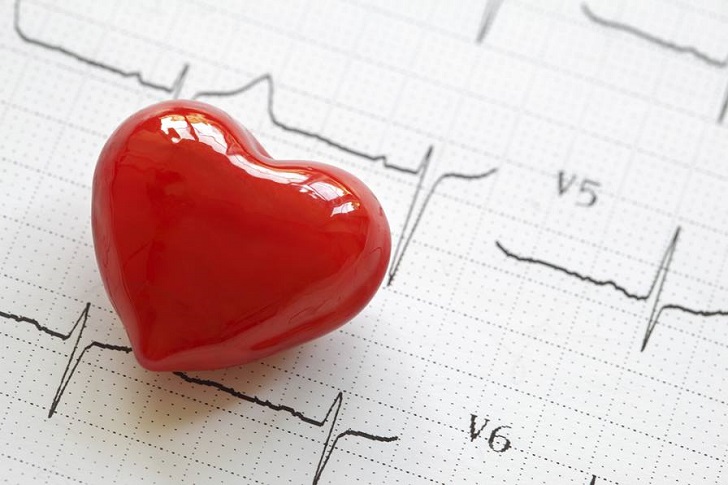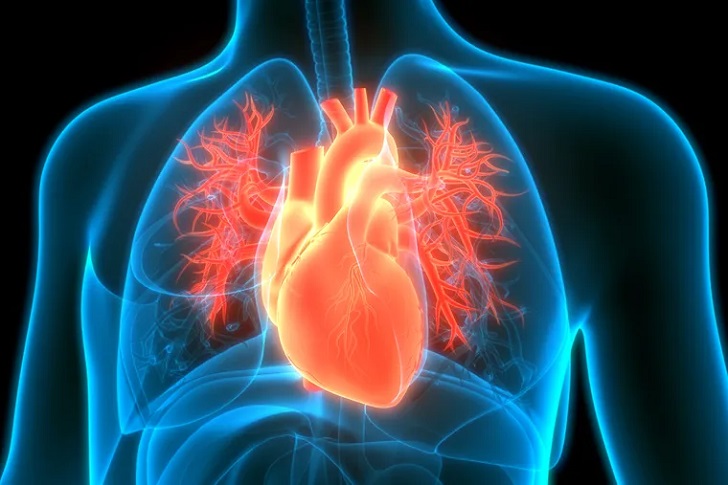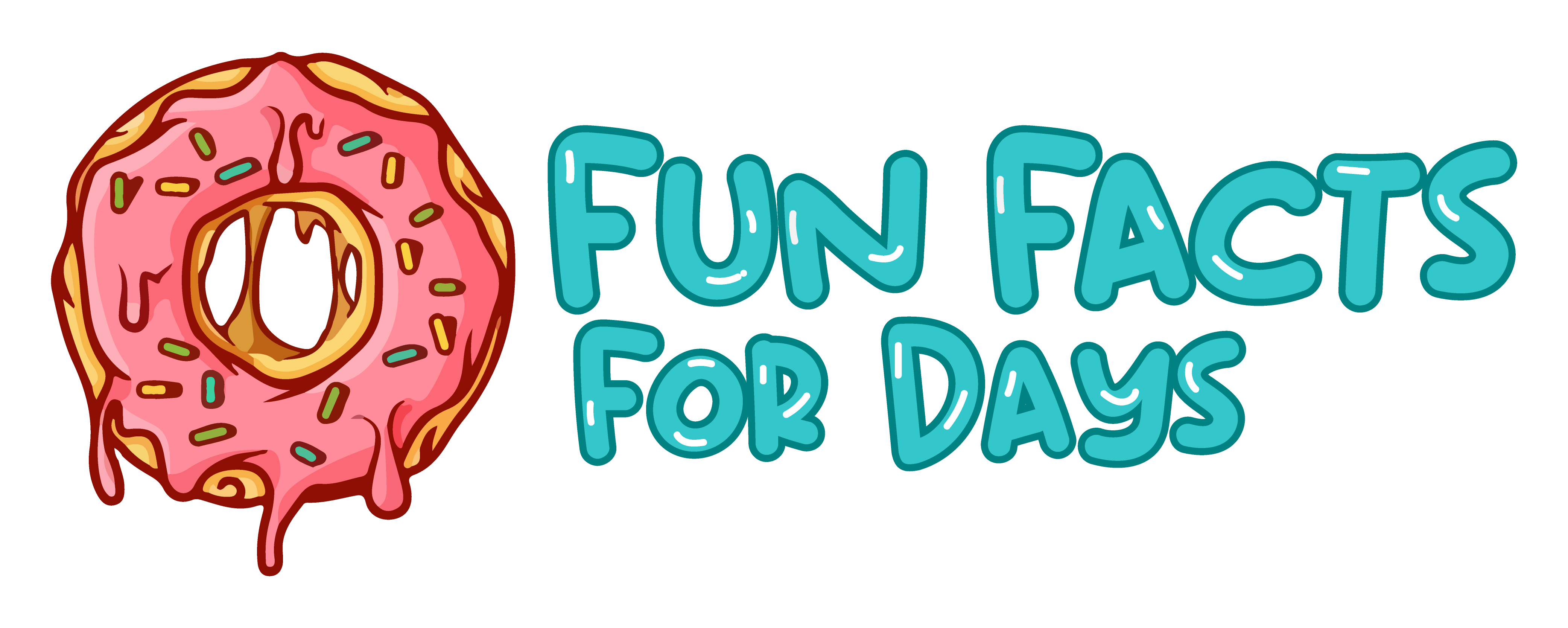Heart failure is a generally known term that doesn't necessarily mean that your heart has stopped functioning. Instead, it medically means that your heart works less efficiently than usual; the heart muscles become less able to contract over time or face a mechanical problem that limits the ability to fill with blood. This could be caused by various possible causes, including blood flow rate and blood pressure to and from the body.
In response to these changes, the heart chamber may respond by stretching to hold more blood to pump through the body or by becoming stiff and thickened. This helps to keep the blood flowing; however, it eventually weakens the heart muscle walls, and the heart becomes unable to continue pumping as efficiently as a healthy heart. Correspondingly, the kidney may respond by causing the blood to retain fluid and salt. If this fluid is allowed to build up over a period of time, then it could congest the body by building up excessively in the arms, legs, ankles, feet, lungs, or other organs.
How to prevent heart failure?

Medline Plus/ Stock Image | About 6.2 million adults in the United States have heart failure
Fortunately, there are many avenues to prevent heart failure, including healthy lifestyle behaviors and proper medical treatment for conditions predisposing one to heart failure.
Stay active
Regular physical activity (exercising ≥5 d/wk) and maintaining a healthy body weight are critical ingredients to preventing heart failure. Check with your doctor before starting an exercise routine. Try for at least 2 1/2 hours a week of moderate-intensity aerobic exercise that gets your heart pumping.
Eat healthily
The foods that help you are those that contain little saturated fat, trans fat, sugar, or sodium. Think fruits and vegetables, low-fat dairy, lean protein such as chicken without the skin, and “good” fats such as those found in olive oil, fish, and avocados.
Low blood pressure
Hypertension (high blood pressure) is a major risk factor for the development of heart failure. Blood pressure lowering in some individuals known to be at higher risk for heart disease to an optimal level of approximately 120/80 mm Hg can significantly reduce this risk. Specific medicines that lower blood pressure and are also effective in lowering heart failure risk include diuretics, angiotensin-converting enzyme inhibitors, angiotensin receptor blockers, and β-blockers.
Symptoms of congestive heart

Tim Beery/ Pinterest | Congestive heart failure doesn't mean your heart has stopped
Heart failure symptoms can include:
- Shortness of breath with activity or lying down
- Fatigue
- Weakness
- Swelling in legs, hands, arms, and feet
- Irregular heartbeat
- Persistent coughing or wheezing
- Rapid weight gain or weight loss
- Nausea
- Lack of appetite
- Difficulty concentrating
- Dizziness
- Bloating in stomach
Treatment

Manan/ Getty Images | Anyone can develop heart failure
Treatment includes the use of:
- Vasodilators expand blood vessels, ease blood flow, and reduce blood pressure.
- Diuretics that correct fluid retention.
- Aldosterone inhibitors help with fluid retention and improve chances of living longer.
- ACE inhibitors or ARB drugs improve heart function and life expectancy.
- Digitalis glycosides strengthen the heart’s contractions.
- Anticoagulants or antiplatelets such as aspirin help prevent blood clots.
- Beta-blockers improve heart function and chances of living longer.
- Tranquilizers reduce anxiety.





